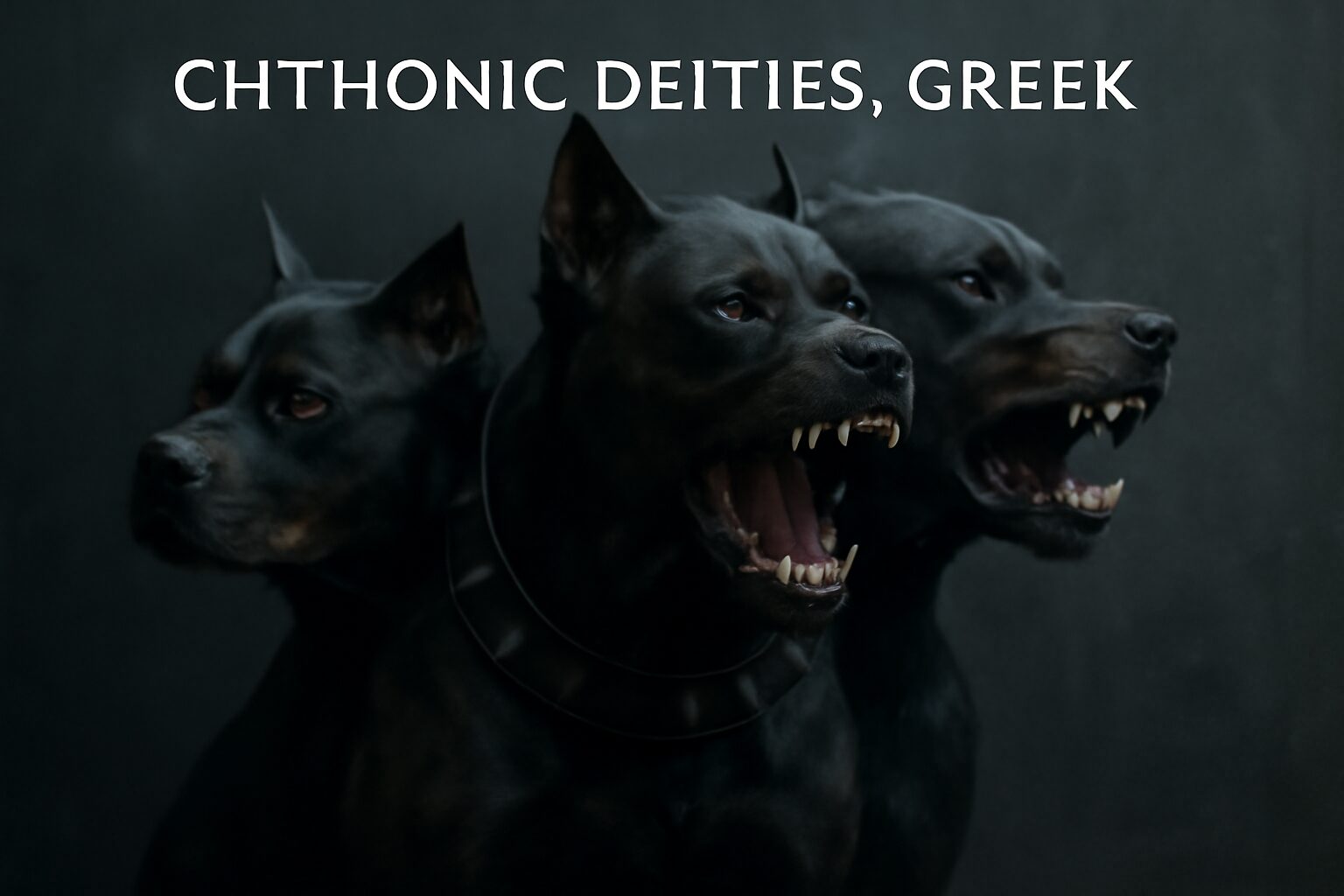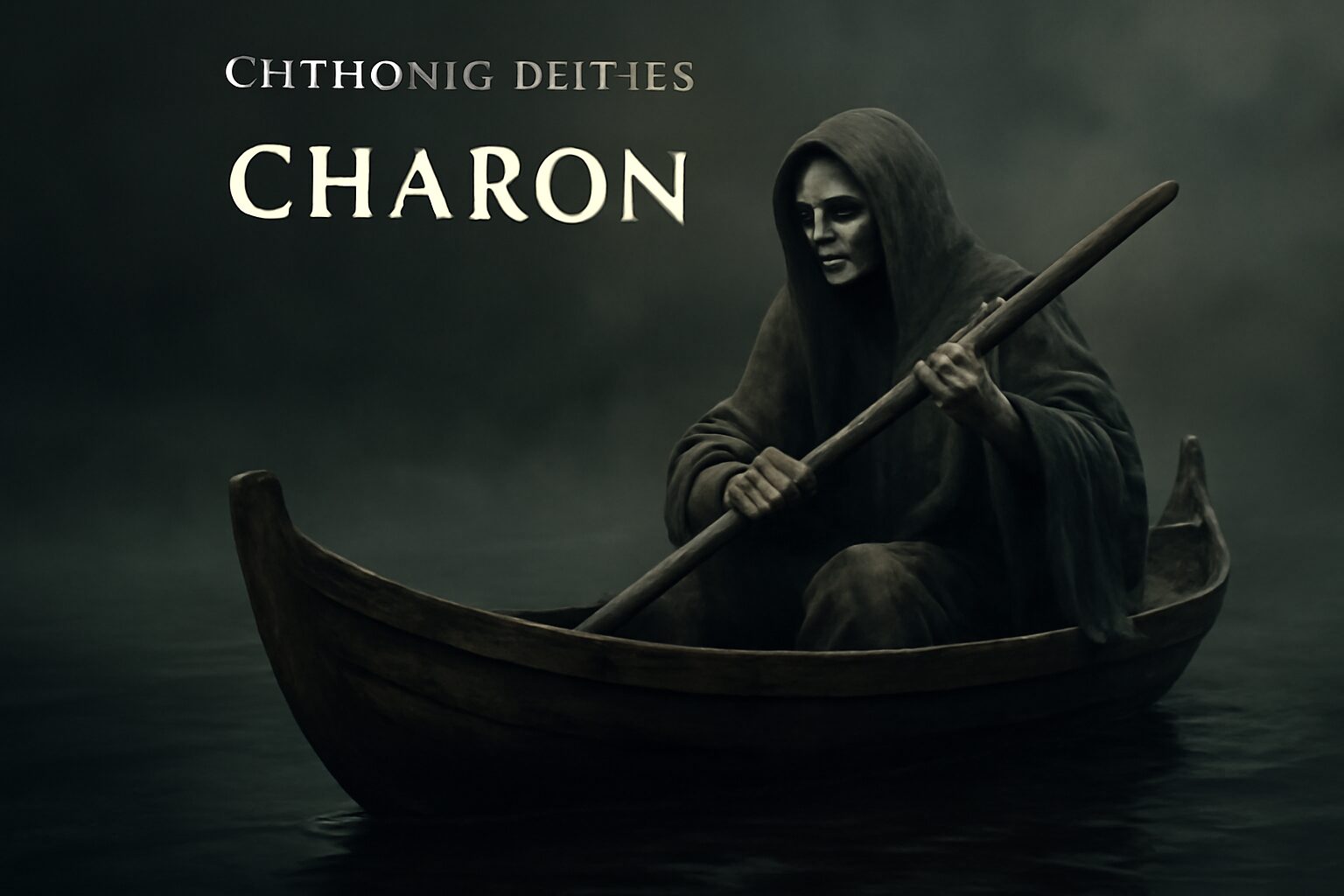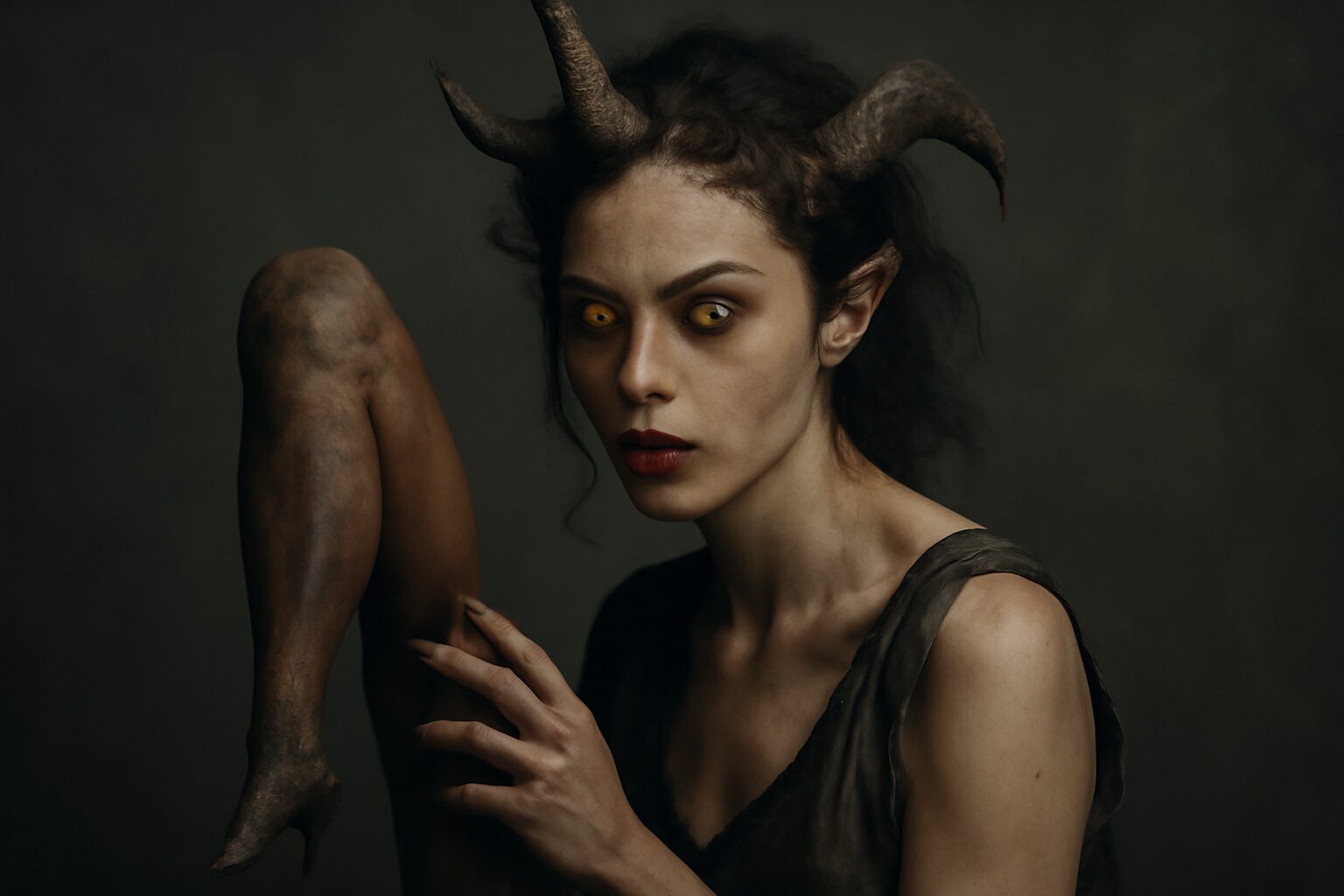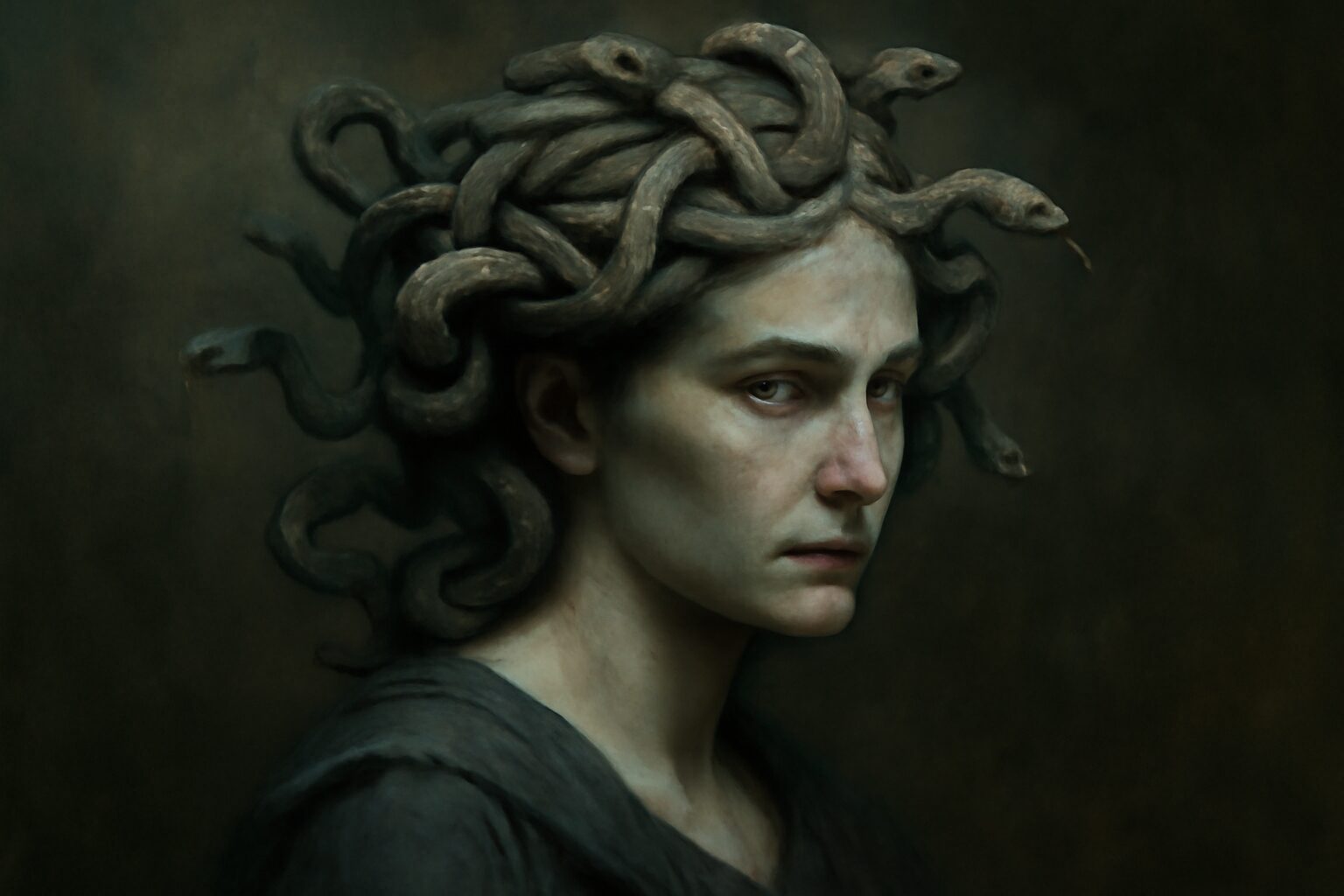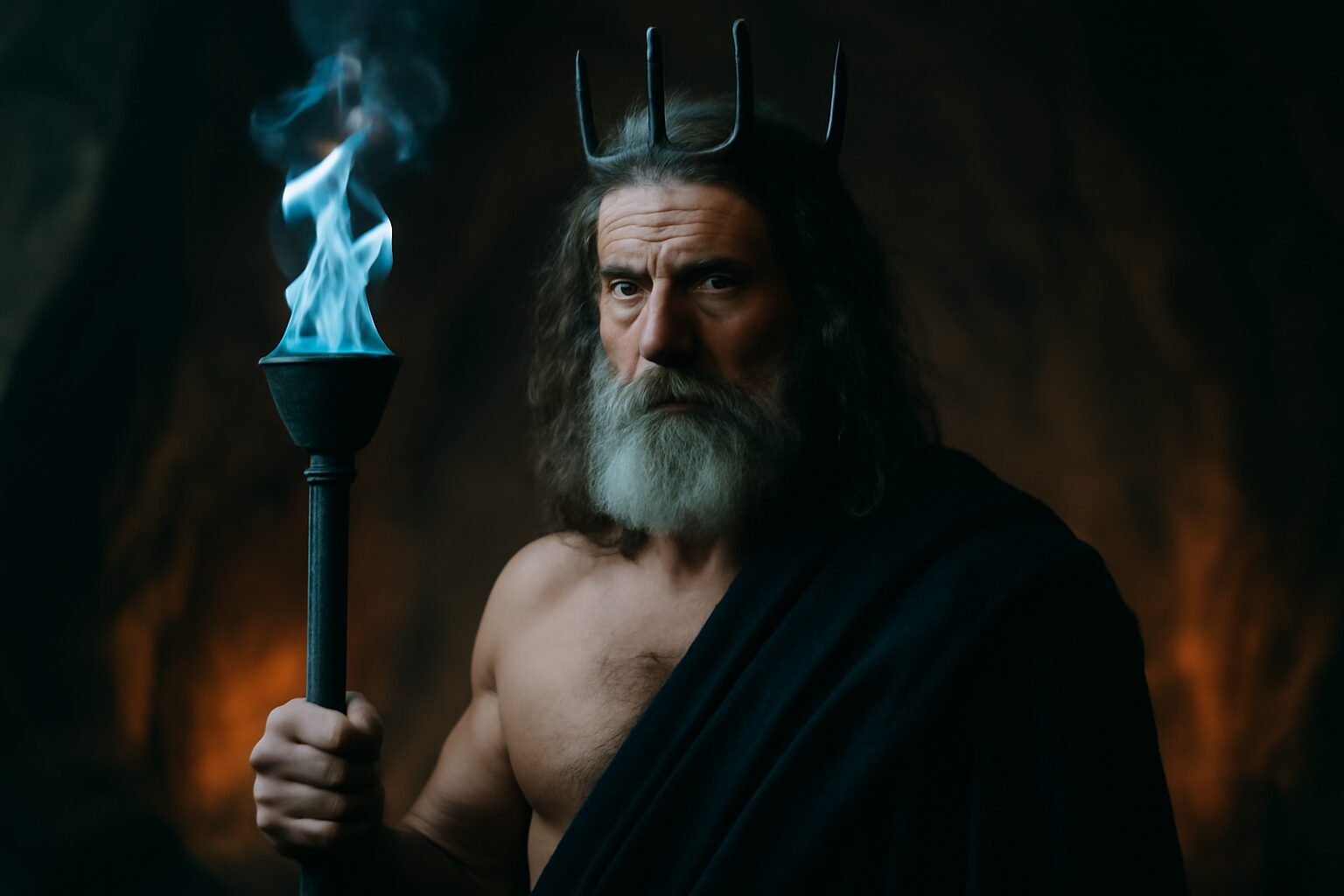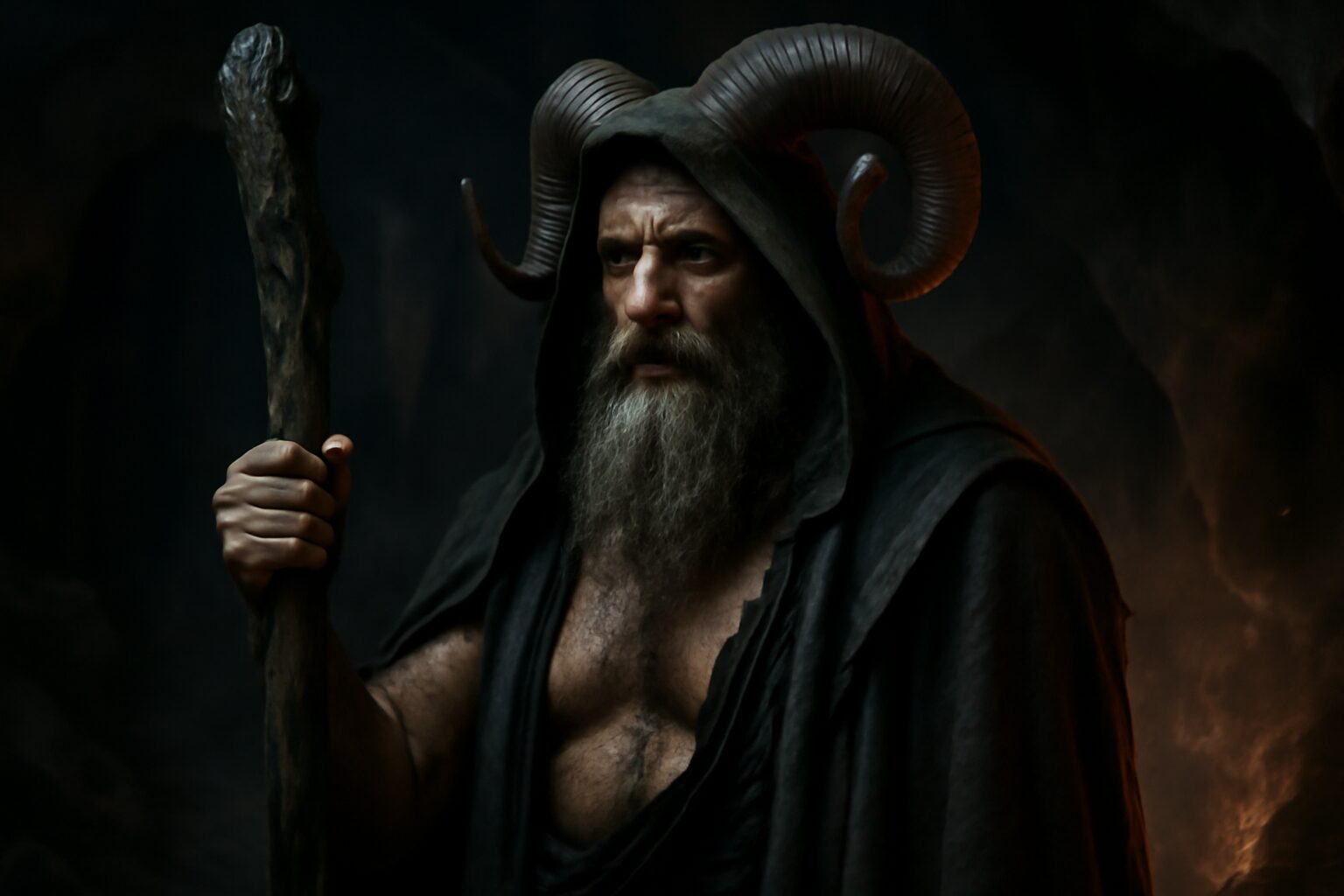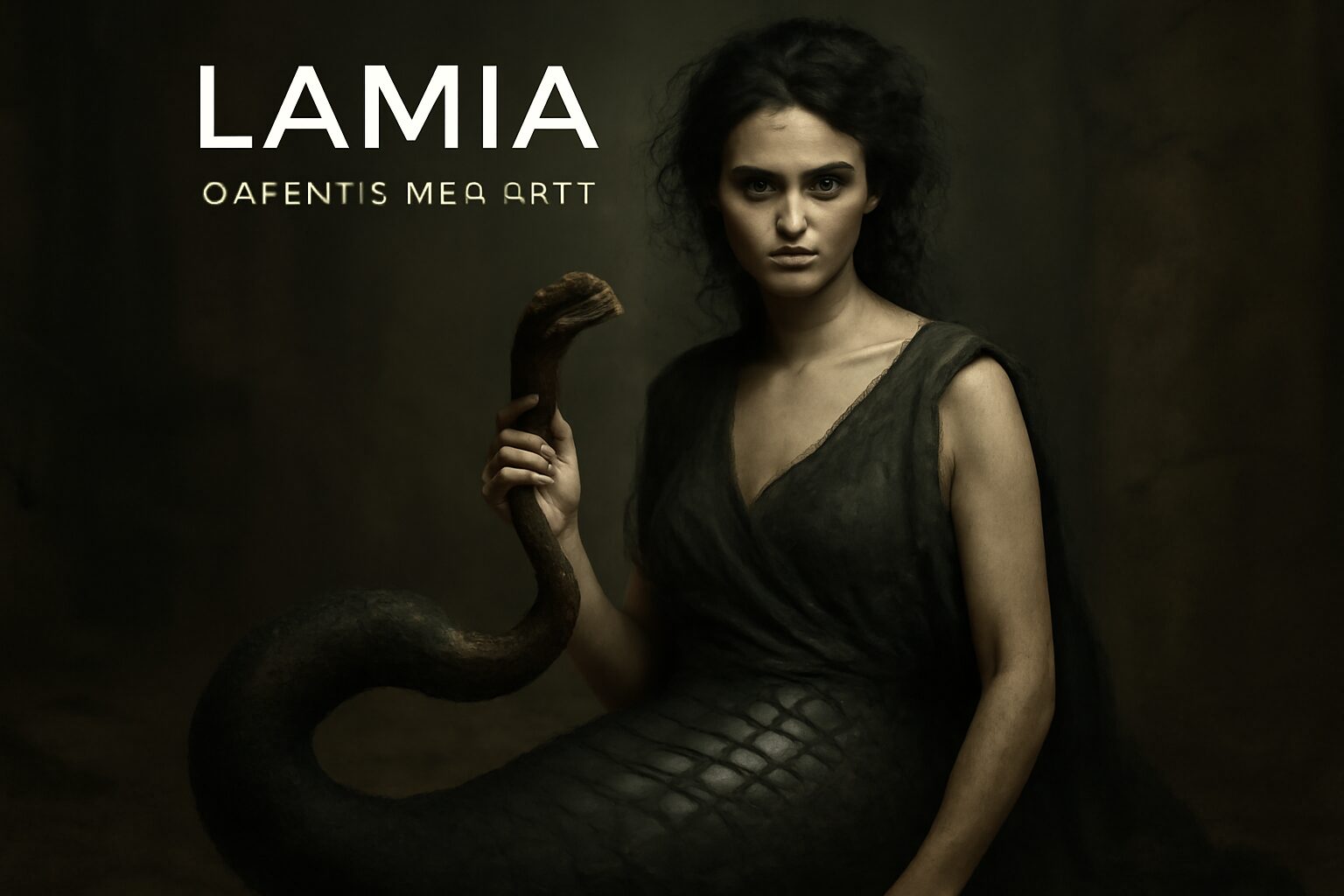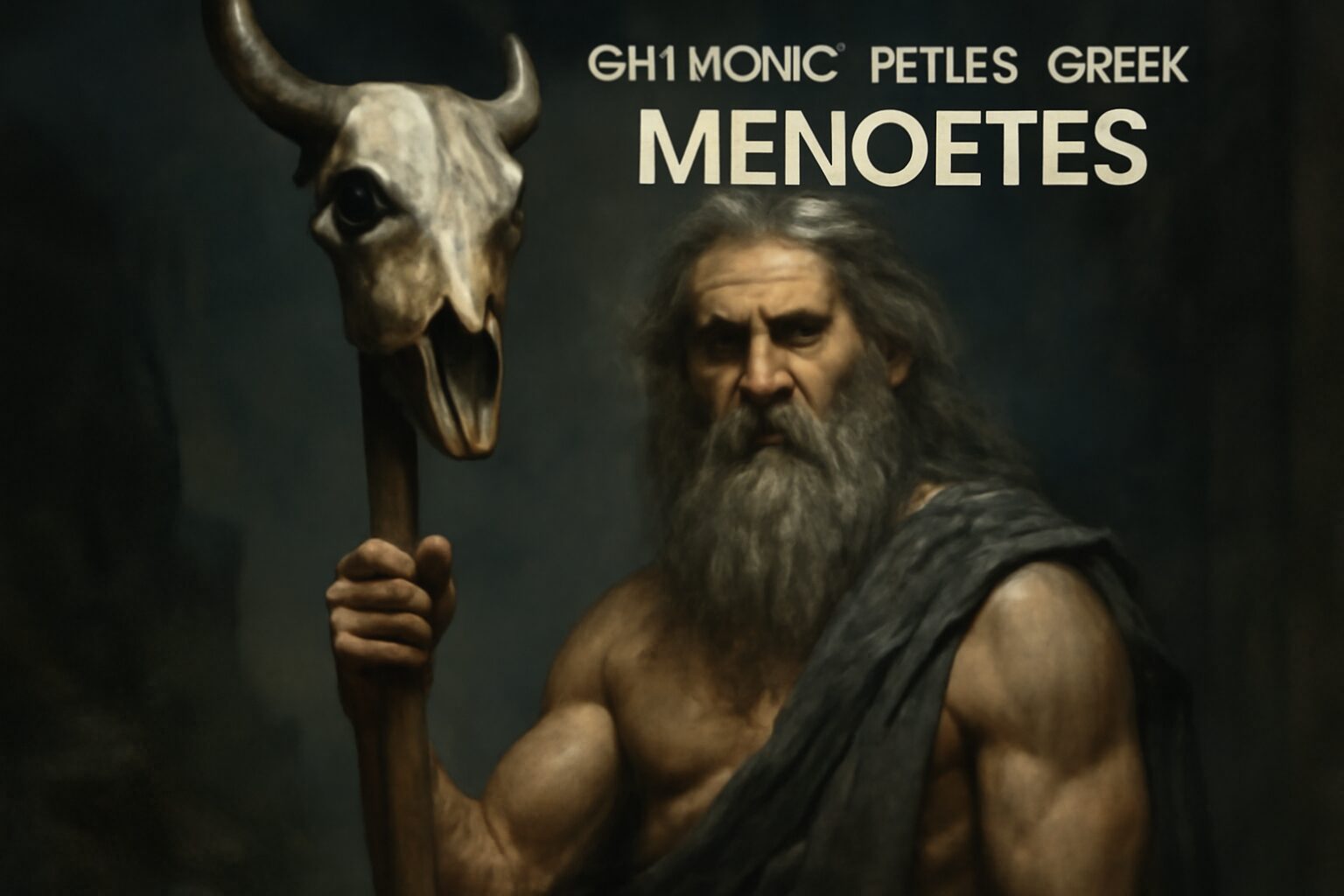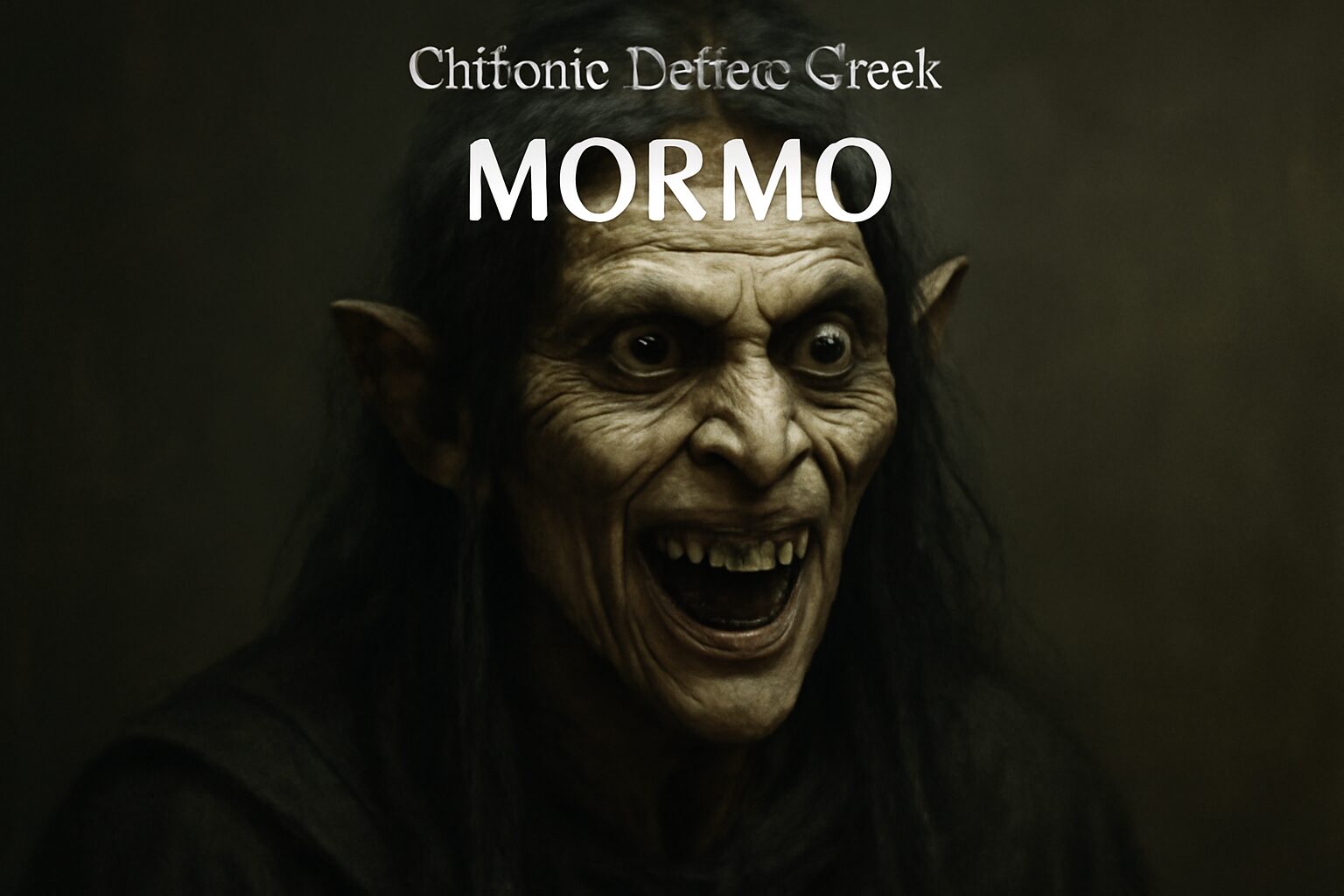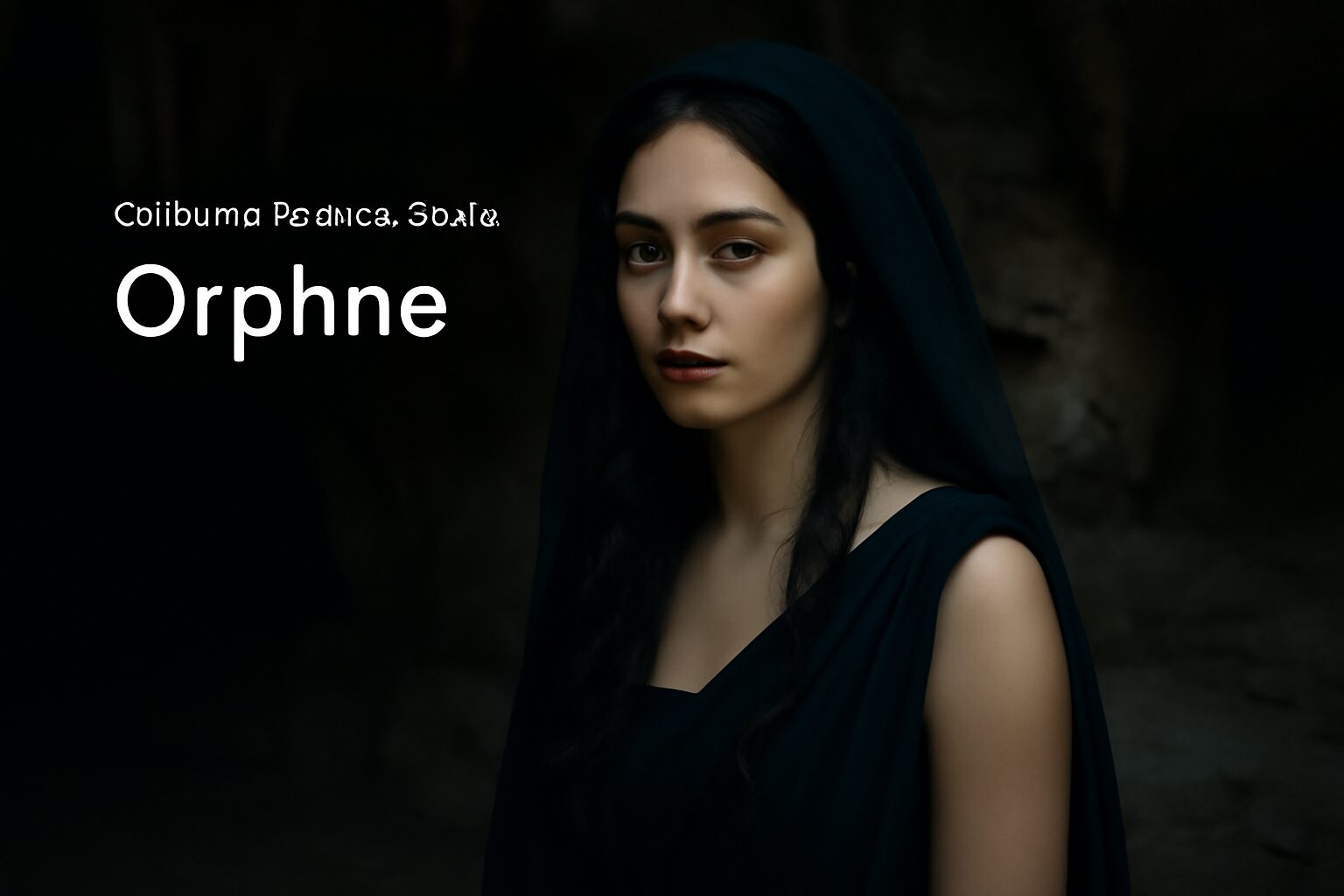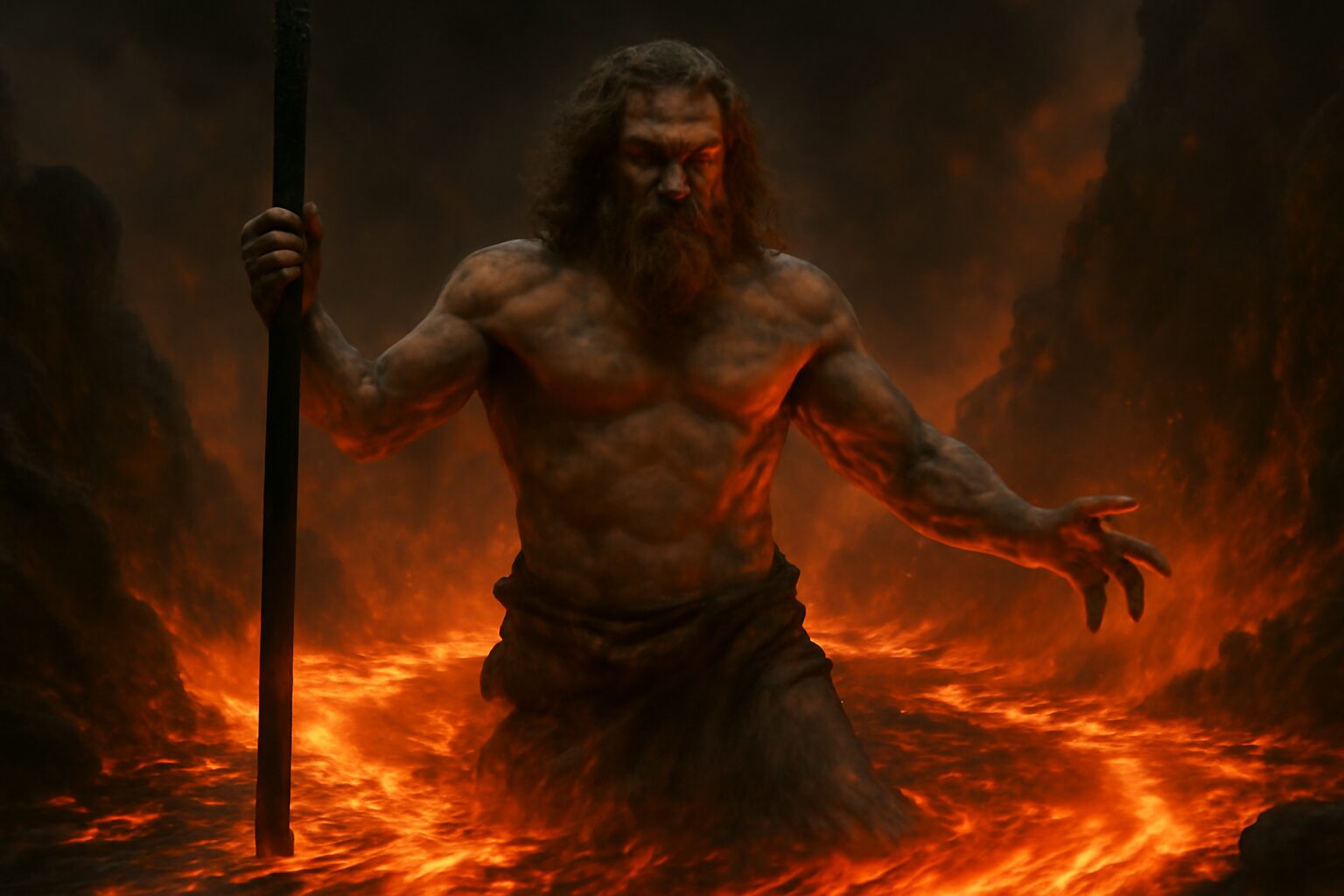Cerberus: The Fearsome Guardian of the Underworld
In Greek mythology, Cerberus is the monstrous three-headed hound who stands as the unwavering guardian of the Underworld. Known as the "Hound of Hades," his primary duty is to prevent the dead from escaping and the living from entering the realm of the dead without permission. His very presence symbolizes the finality of death and the unbreakable boundary between the mortal world and the afterlife.
Appearance and Powers
Cerberus is often depicted as a massive, multi-headed dog—most commonly with three heads, though some accounts describe him with as many as fifty or even a hundred. His serpentine tail, sometimes tipped with a dragon's head, and the writhing snakes that sprout from his body add to his terrifying visage. His jaws drip with venom, and his thunderous bark alone could strike fear into the bravest of heroes.
Beyond his intimidating appearance, Cerberus possesses supernatural strength and an unyielding loyalty to his master, Hades. His role is not just symbolic—he actively enforces the laws of the Underworld, ensuring that no soul escapes without divine intervention.
Mythological Significance
Cerberus appears in several key myths, most famously in the Twelfth Labor of Heracles. As one of his impossible tasks, Heracles was ordered to capture Cerberus and bring him to the surface world—alive and unharmed. With the aid of Athena and Hermes, Heracles ventured into the Underworld, received permission from Hades, and subdued the beast with his bare strength, dragging him before King Eurystheus before returning him to his post.
Another notable encounter involves Orpheus, the legendary musician who charmed Cerberus with his lyre to pass safely into the Underworld in search of his beloved Eurydice. Unlike Heracles' brute-force approach, Orpheus' gentle music lulled the beast into a rare moment of calm, showcasing Cerberus' vulnerability to divine artistry.
Symbolism and Legacy
Cerberus represents the inescapable nature of death and the formidable barriers between life and the afterlife. His presence at the gates of Hades serves as a reminder that the dead cannot return to the living world—except in extraordinary circumstances blessed by the gods.
Even in modern culture, Cerberus endures as a symbol of guardianship and unyielding vigilance, appearing in literature, video games, and other media as a fearsome but often misunderstood creature. His legend continues to captivate, embodying the ancient Greeks' awe and dread of the unknown beyond death's door.
Alternative Names for Cerberus
God Name: Kerberos (Greek)
The original Greek name for Cerberus, often used interchangeably. It is derived from the Greek word 'Kerberos,' meaning 'spotted.'
God Name: Cerberus (Roman)
The Roman adaptation of the Greek name 'Kerberos.' The Romans adopted many Greek myths and deities, often with slight name changes.
God Name: Hound of Hades (Greek)
A descriptive title for Cerberus, emphasizing his role as the guardian of the underworld in Greek mythology.
God Name: The Hellhound (Greek)
A modern interpretation or epithet for Cerberus, highlighting his fearsome nature as a multi-headed dog guarding the underworld.
Tales about Cerberus
Cerberus and the Healing of Aceso
In the shadowy depths of the Underworld, Cerberus stood guard at the gates, his three heads ever watchful. One day, a strange malaise fell upon the hound—a deep, unshakable lethargy that made even his formidable growl sound weak. Hades, concerned for his loyal guardian, summoned Aceso, the goddess of the healing process.
The Remedy of the Underworld
Aceso descended into the gloom, her presence bringing a soft, soothing light. She approached Cerberus, who whimpered pitifully. With gentle hands, she applied poultices made from mystical herbs that grew only near the river Acheron. As she worked, she sang a hymn of renewal, and slowly, Cerberus’s energy returned. His tails wagged, and his barks echoed with renewed vigor, gratitude shining in all six of his eyes.
Cerberus and the Lullaby of Hypnos
During one of the rare moments when the souls of the dead were at peace, Cerberus found himself unusually restless. His agitation threatened to disturb the delicate balance of the Underworld. Persephone, in her wisdom, called upon Hypnos, the god of sleep.
The Dreamweaver’s Touch
Hypnos, draped in robes of twilight, approached the uneasy guardian. He whispered words woven with dreams and sprinkled sand from the shores of the river Lethe over Cerberus’s heads. One by one, the heads drooped, eyelids heavy, until all three were ensnared in a deep, peaceful slumber. For the first time, silence reigned at the gates, and even Hades smiled at the temporary respite granted by the god of sleep.
Frequently Asked Questions
Who is Cerberus in Greek mythology?
Cerberus is a multi-headed dog, often depicted with three heads, that guards the entrance to the Underworld in Greek mythology. He prevents the dead from leaving and the living from entering without permission.
What are Chthonic deities in Greek mythology?
Chthonic deities are gods and spirits associated with the Underworld, earth, and the afterlife in Greek mythology. They include figures like Hades, Persephone, and Hecate, and are often linked to death, fertility, and hidden knowledge.
Why is Cerberus important in Greek myths?
Cerberus symbolizes the boundary between life and death, ensuring order by keeping the dead in the Underworld and the living out. His role highlights the Greeks' beliefs about the afterlife and the consequences of defying divine laws.
How do Chthonic deities differ from Olympian gods?
Chthonic deities are connected to the Underworld and earth, while Olympian gods rule the sky and human affairs. Chthonic gods are often darker and more mysterious, representing death and rebirth, whereas Olympians are associated with power, beauty, and civilization.
What can we learn from stories about Cerberus and Chthonic deities today?
These myths teach us about ancient Greek views on death, the afterlife, and the natural order. They also reflect universal themes like the fear of the unknown, the importance of boundaries, and the balance between life and death.

